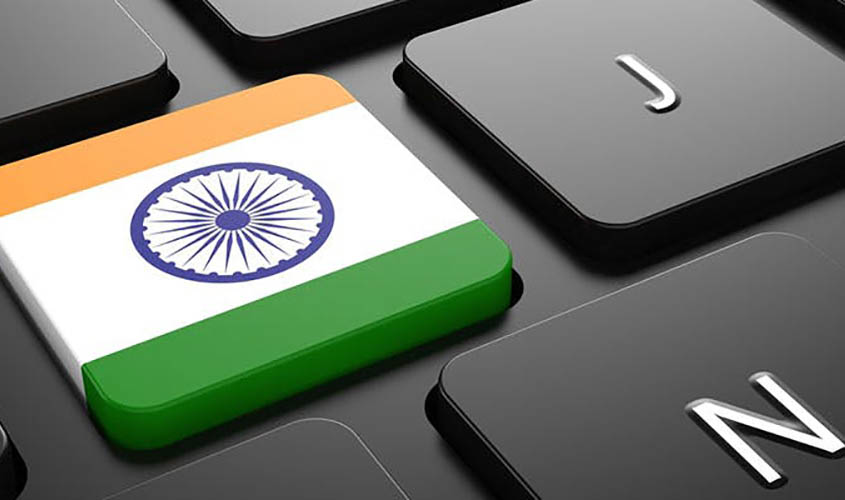It is yet another piece of evidence of the systematic manner in which bad policy has crippled the development of India that a country of 1.26 billion highly gifted people has become a “Virtual Colony” of tech giants, almost all headquartered in the United States. Twitter CEO Jack Dorsey quickly retreated from a caste-suffused poster that he displayed in a gleeful manner on his own mass circulated platform. However, the outrage against him misses the point. Which is all that Dorsey did was to exhibit a bias publicly what several executives do privately. The political and personal biases of many of those administering the Indian arm of tech dinosaurs have not been kept hidden from their friends and employees. Any platform, whether it be Facebook, Google or whatever, needs to be scrupulously neutral in its handling of information and user participation. It is time for a system check by a team of experts to determine if, as claimed by some, certain of those platforms actively damp down the dissemination of the views of selected individuals, while paying extra attention to spreading as widely as possible the responses of others. In other words, are all social media trends genuine
China has a long way to go before it can convince India that the country will not act as a force multiplier for the Pakistan military in the latter’s efforts at doing serious damage to the future of the world’s largest democracy. Hopefully, Prime Minister Narendra Modi and President Xi Jinping will carry forward the work of reconciliation begun at the 2017 Wuhan summit, possibly in Buenos Aires in a few days’ time. If matters proceed in a direction that ensures that both sides respect each other’s core concerns, a dose of competition in social media platforms may ensure better service at lower costs to the Indian consumer. A slugfest between Chinese and US tech entities for primacy in the Indian market may ensure that space gets provided for Indian tech companies to emerge. A few have, but these are far too few in number and their influence is puny compared to the global giants that dominate the field. Whether it be US entities or Chinese or any other, they should ensure that the servers operating to keep the platforms active be located in India, and that whatever information be collected by these platforms get accessed by users in India or if the need arises by authorities. Technology is moving ahead at speed. All such technologies need to be in a situation where there is competition rather than monopoly power. In India during the period before the Narasimha Rao reforms, monopolies were the norm, in some cases by the simple expedient of a single group getting hold of all the licences for a particular service or product. Rather than just seek to corner the market in India through a multiplicity of means, large companies domiciled in India and being controlled by those with Indian passports should seek to expand into foreign shores. During the Vajpayee period, Indian companies spread even into the US and Europe, but when the UPA came to office, the reverse took place. Foreign companies had the advantage, a situation that has not changed to the present. Given the sorry state of the Indian rupee as a consequence of policy errors by the RBI and North Block, it is becoming easier and easier to gobble up Indian entities at bargain prices. Digital Colony India seems a more accurate description of the existing situation than Digital India. This must change. Smart policy implemented by competent professionals alone can ensure such a result.

